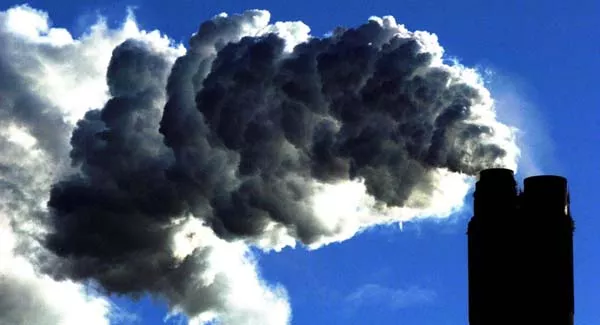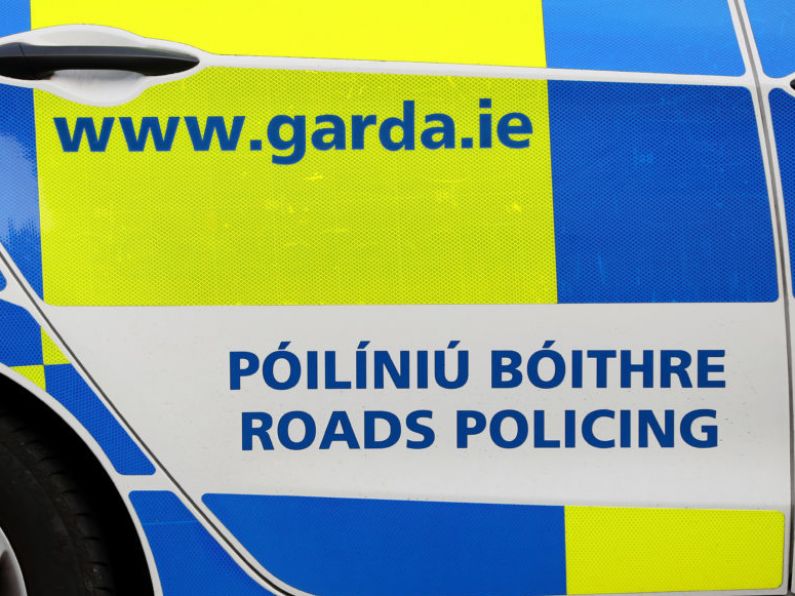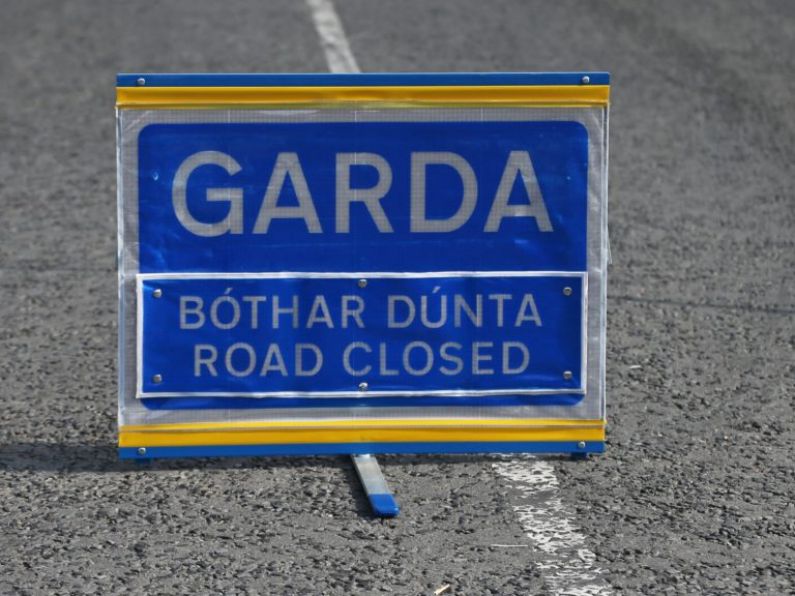Ireland is the second country in the world to declare a ‘climate emergency’, but the Government must face up to promoting potentially unpopular hikes in carbon taxes, writes Kyran Fitzgerald.
Economists agree that by using the right pricing signals, Ireland can help reduce the damaging emissions of carbon dioxide and other substances that threaten the planet.
The Government has established a Climate Change Advisory Council and has begun taxing carbon, currently at €20 a tonne of CO2.
Finance Minister Paschal Donohoe passed up on the opportunity last October to increase the carbon tax to the €30 level. That annoyed environmentalists. But pressure has come on politicians from regulators.
In February, outgoing Central Bank governor Philip Lane warned of threats to financial stability from changes in the climate, saying that losses from weather events jumped from €50bn a year in the mid-1980s to €150bn today. He pointed to the recommendation of the Climate Change Council that the carbon tax be raised, on a phased basis, to €80 per ton of CO2 by 2030.
Sweden already taxes carbon at €112 per ton, Switzerland has an €81 tax, while Finland’s is €62 a ton.
Other major EU states are much closer to reaching targets.
The Climate Council is chaired by John FitzGerald. The former senior economist at the Economic and Social Research Institute (ESRI) has long-pressed for the introduction of carbon taxes.
Over the years, Mr FitzGerald has issued many reports on the energy sector, focusing on the all-Ireland dimension and on investment in interconnection infrastructure.
He favours carbon tax to send a signal to households and businesses to use energy more efficiently.
The ESRI has continued to publish reports to promote policy reforms. Last October, it published the results of a joint research exercise with the Department of Finance and the Revenue Commissioners. The authors, Kelly de Bruin and Aykut Yakut, examined the economic effects of increases of €5 per ton and €20 per ton in carbon taxes.

They did not look at the impact of emissions of other substances, such as methane and nitrous oxide, which account for the bulk of greenhouse gas emissions from agriculture.
Carbon taxation was introduced here in 2009. However, by 2014, the tax raised a modest amount of €390m, of which €150m came from diesel products and €67.5m from gasoline.
The tax initially affected petrol and diesel, before being extended, in 2010, to non-transport fuels, such as kerosene, LPG, and natural gas. It was 2013 before the tax was extended to cover solid fuels, such as coal and peat, at a rate of €20 per ton.
The authorities continue to dance around the problem, no doubt aware that voters in rural areas, along with vulnerable transport businesses, stand to be most affected (in the absence of targeted offsetting measures).
Ms de Bruin and Mr Yakut argue that the effects of an increase in carbon taxes will, in fact, be modest.
They acknowledge that “fuel poverty is an important issue in Ireland”, with many poorer households spending more than 10% of their income on fuel, often living in “cold, damp, thermally inefficient homes”.
They estimate that a €20 rise in carbon tax per ton of C02 would increase the consumption cost of the richest households by €9.63, while the poorest households would face a hike of €2 per week. They conclude that “an increased carbon tax does not make poorer households worse-off, as compared to richer”, as the better-off use more diesel and gasoline in large cars.
The benefits, in terms of reduced emissions, are real. A doubling in carbon tax, to €40 a ton, would reduce total emissions by 4.8%. The authors note, however, that such a reduction still falls well short of the ambitious carbon reduction targets set for 2020, which Ireland is now set to miss by a country mile, and leaving the State on the hook for heavy fines.
A reluctance to increase carbon taxes is one problem. Another is the unwise use of tax incentives, subsidies, and allowances.
In February of last year, the ESRI published a study, by Edgar Morgenroth, Martin Murphy, and Kyle Moore, that highlighted the unintended environmental impacts of tax breaks.
The study found that 98 of 142 measures had impacts on the climate. Examples include a diesel rebate for hauliers, zero-rated Vat on fertilisers, and exemptions from vehicle registration tax.
In 2015, the rebate to hauliers alone cost €70m. Subsidies have promoted the use of noxious diesel cars, which, in 2014, accounted for 73% of new car registrations.

Ireland is one of eight EU member states providing tax relief for diesel commercial vehicles. As the authors note, some incentives can have perverse effects. Company-car tax breaks, for example, encourage people to increase their business mileage.
And capital gains tax relief on the disposal of property to a child has promoted the sprawl of housing. The spread of one-off housing imposes a wider series of costs on the environment and on society.
The zero-rating of Vat on fertiliser has encouraged the overuse of carbon-intensive product, which leeches into rivers and lakes, causing severe damage.
Tackling this issue will not be straightforward. While raising the rate to the standard 23% makes sense, implementing the measure may be difficult, given that many farmers are not registered for Vat.
As the ESRI studies make clear, Ireland has a long way to go before it matches EU countries that are leading the way. In strict economic terms, a doubling in carbon taxation can easily be absorbed, provided it is balanced by subsidies, or other measures, in the case of low-income households and struggling businesses.
The yellow vest protests in France are a reminder that fundamental policy changes in taxation and pricing have to be carefully crafted and properly explained. Along the way, there will be further complications.
As you may have guessed, the ESRI has been studying how Brexit is likely to impact on energy policy.
As the ESRI’s Muireann Lynch pointed out in a paper in June 2017, Ireland’s gas and electricity systems are currently exclusively connected to Britain, which raises concerns about security of supply as well as efficiency of trading.
As the author observes, “in the light of Brexit, it may be tempting to prioritise infrastructure projects, such as LNG terminals or the Celtic interconnector to France”.
The problem is that resources are anything but infinite, whatever politicians in Government, in times of economic buoyancy, may be tempted to believe.
The extension of carbon taxation can serve another vital purpose in broadening the tax base, which most economic commentators believe is far too narrow.






